Property taxes in Canada: Full guide for Americans
Want to learn about property taxes in Canada? This guide covers types of property taxes and how they are calculated to help you navigate the process.
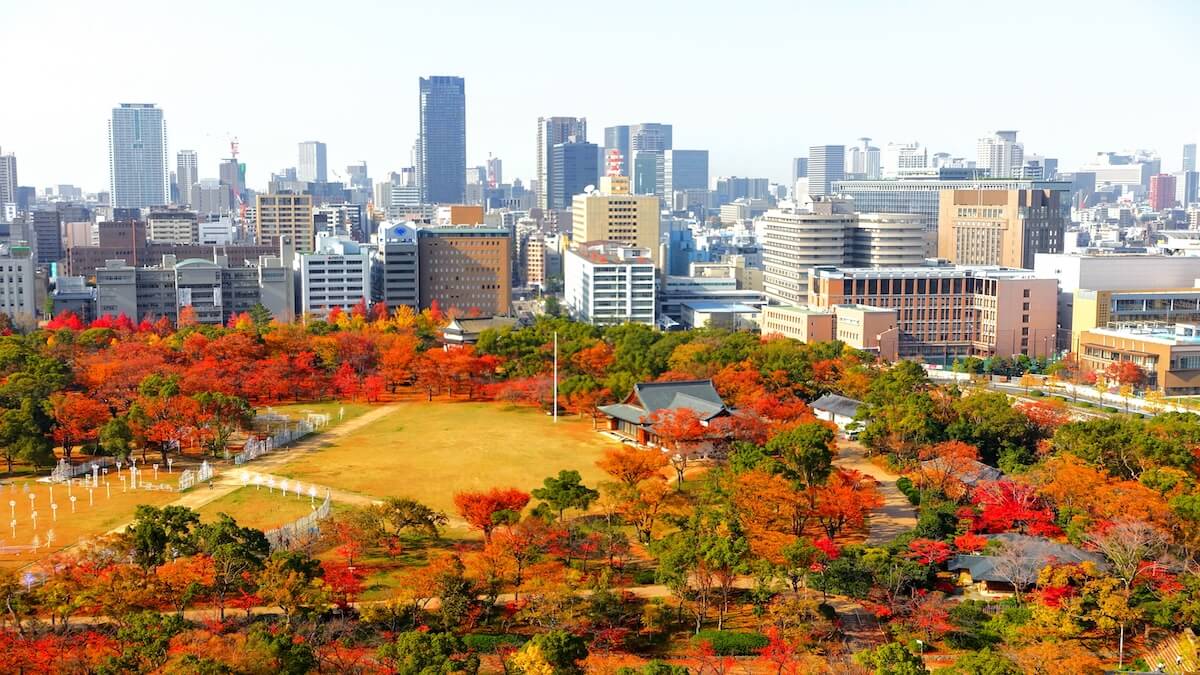
Canada attracts many Americans with universal healthcare, progressive social policies, stunning natural landscapes, and welcoming communities. You might be considering moving to Canada from the US because of career opportunities, family connections, or just looking for a change.
Regardless, there are plenty of ways to relocate north. However, you'll need to plan your move carefully and secure the right type of a long-term visa. This guide will walk you through every detail, including immigration pathways, living costs, housing, health insurance, and other practical matters.
We'll also introduce Wise — your international money transfer alternative. Use Wise to send stress-free transfers to over 140 countries - all at the standard mid-market exchange rate.
| Table of contents |
|---|
Canada shares the world's longest undefended border with the US, and both countries share English as a primary language (although they also speak French in some parts of Canada).
However, Canada also operates under a parliamentary system, uses the metric system, and maintains universal healthcare coverage that's quite different from the American system.
| Capital | Ottawa |
|---|---|
| Language | English and French (both official) |
| Population | 40.2 million¹ |
| Currency | Canadian Dollar (CAD) |
| Government type | Federal parliamentary democracy and constitutional monarchy |
| Religion | Diverse, with Christianity being the largest group, followed by no religious affiliation |
| Weather | Varies by region, from mild coastal climates to harsh winters in central areas |
| Tax treaty | Yes² |
Yes, you can move to Canada from the US. In fact, the Canadian government actively encourages skilled workers from the US to relocate. There are multiple immigration programs to attract talented professionals, entrepreneurs, and investors.
For example, there's the Express Entry system for skilled workers, Provincial Nominee Programs that fast-track applications in specific provinces, and work permits that can lead to permanent residency.
However, there are also potential downsides to consider, especially if you want to move permanently.
| 💡 The immigration process can take months or even years, and Canadian taxes are often higher than in the US. The job market, while robust, may offer lower salaries than what you're used to in the US. And lastly, most of Canada experiences longer and harsher winters that you may need to adjust to. |
|---|
Americans can visit Canada for up to 180 days without a visa, which means you could technically split your time between both countries.³ You'd just need your passport to do that.
However, if you want to move to Canada permanently, work, or study, you'll need proper authorization. Here are your main options:
This points-based system manages applications for 3 federal immigration programs: Federal Skilled Worker Program, Canadian Experience Class, and Federal Skilled Trades Program.
You fill out an online application with details about yourself, such as your age, education, and work experience. The system assigns you a score, and Canada invites the highest-scoring candidates to apply for residency during regular draws.
A Canadian employer can sponsor you for a work permit if they can't find a qualified Canadian to fill the position. This requires the employer to obtain a Labour Market Impact Assessment (LMIA) proving they need to hire a foreign worker.
Work permits are temporary, but they can sometimes lead to Canadian permanent residence, especially as you gain skilled work experience in Canada.
If you're accepted at a designated Canadian educational institution, you can apply for a study permit. This allows you to work part-time during your studies and full-time during scheduled breaks. After graduation, you may qualify for a work permit and stay in Canada long-term.
Canadian education is highly valued around the world, and many international students use this route to establish Canadian connections and work experience before applying for permanent status.
Many Canadian provinces operate their own immigration program targeting workers with specific skills they need. If a province nominates you, you receive additional points in the Express Entry system, which virtually guarantees an invitation to apply for permanent residency.
These programs typically target workers in in-demand fields, such as technology and healthcare.
If you have a Canadian citizen or permanent resident spouse, parent, child, or other eligible relative, they can sponsor your immigration. However, this path can take quite a long time, especially if it's not your spouse who's sponsoring you.
The sponsor must also prove that they can financially support you and sign an undertaking to provide for your basic needs.
If you have an innovative business idea and can secure support from a designated Canadian venture capital fund, angel investor group, or business incubator, you may qualify for this program. You need a minimum investment commitment and must demonstrate that your business will create jobs for Canadians and compete globally.
The requirements are pretty stringent for this option, but it's still possible.
Canada generally has a lower cost of living than the US, but the downside is that the salaries are often lower, too. Here's how the two countries compare:⁴
- Excluding rent, the cost of living in Canada is 8.4% lower than in the US
- With rent, the cost of living in Canada is 13.4% lower than in the US
- Rent prices in Canada are 23.6% lower than in the US
- Restaurants and groceries in Canada are 11.8% and 6.6% lower (respectively) than in the US
However, the average local purchasing power in Canada is also 22.8% lower than in the US. So, while you'll likely spend less, you may also earn less.⁴
Here's what to expect when living in Canada:
| Expense | Approximate cost (USD)⁵ |
|---|---|
| Meal at an inexpensive restaurant | 18 USD |
| Meal for 2 people at a mid-range restaurant | 72 USD |
| Apartment (1 bedroom) in the city centre | 1,334 USD |
| Apartment (3 bedrooms) in the city centre | 2,105 USD |
| Basic utilities | 151 USD |
| Internet | 62 USD |
| Phone plan | 45 USD |
| International school (yearly for 1 child) | 12,866 USD |
| Toyota Corolla Sedan (or similar new car) | 20,315 USD |
On average, a single person living in Canada can expect to spend 1,056 USD every month, excluding rent. If you're moving as a family of 4, budget for spending approximately 3,788 USD in addition to rent.⁵
So, Canada isn’t the cheapest country to immigrate to, but it’s still not as expensive as the US.
Opening a bank account in Canada as an American is pretty easy, and most major banks welcome newcomers. Many American expats bank at the Royal Bank of Canada (RBC), Toronto-Dominion Bank (TD), Bank of Nova Scotia (Scotiabank), or Bank of Montreal (BMO).
To open an account, you'll typically need:
- Valid passport or other government-issued photo ID
- Proof of Canadian address (utility bill, lease agreement, or bank statement)
- Social Insurance Number (SIN)
- Minimum deposit
- Proof of employment or income source
Sometimes, you can start opening an account online, but you'll likely need to visit a branch in person to complete the full process and activate your account.
Your employer may help you set up a bank account depending on your package.
Most American expats rent in Canada. The rental market moves fast, especially in competitive markets like Toronto and Vancouver, but rents are generally lower than in the US. You can start your search on:
Many landlords also post "For Rent" signs directly on buildings, so walking through neighborhoods you're interested in can be productive. Asking friends and browsing Facebook groups can also be helpful ways to find good rentals.
Keep in mind that you may need to provide references from previous landlords, proof of income (typically showing you earn at least a certain times the monthly rent), and sometimes a credit check.
Eventually, you may decide to buy a house and settle down, but keep in mind that buying land in Canada can be tricky for foreigners because of certain government restrictions.
Canada provides free healthcare to all residents through a system paid for by taxes. If you qualify as a resident in any province or territory, you can get a health card that gives you access to medical care without paying directly for most services.
These include medically necessary hospital, physician, and some surgical-dental services. Once you become an eligible resident, you can apply for your provincial health card, which gives you access to these services at no direct cost.
You typically need to wait a couple of months after establishing residency before your provincial health coverage begins. During this waiting period, you'll need private health insurance to cover any medical expenses.
Canada's largest city offers the most job opportunities, especially in finance, tech, and media. It's a diverse place with many different expat communities, so you'll easily meet new people, including fellow Americans. You'll also enjoy many world-class restaurants and cultural attractions.
However, housing costs are among the highest in Canada, and the pace of life is faster than in many other Canadian cities.
Vancouver is a big urban city that still has a lot of natural beauty. The climate is mild, and you'll like it there if you enjoy outdoor recreation, such as skiing, hiking, and water sports. Vancouver has a strong tech sector, and the housing costs are quite high.
Montreal is a charming city with European architecture and a vibrant arts scene. The city is officially bilingual, and most people typically speak English. Living costs are lower than in Toronto and Vancouver, which is a big plus.
The winters are harsh, but the city embraces them with fun winter festivals.
Calgary is a great place to live for outdoor enthusiasts. The economy, which is traditionally oil-based, is diversifying into tech and renewable energy, so you should be able to find jobs in these sectors. The downtown is walkable, and you're very close to world-class skiing and hiking.
As Canada's capital, Ottawa offers a high quality of life with lower costs than Toronto or Vancouver. The city is bilingual, so you'll have many opportunities to learn French. The pace of life is slower and more family-friendly than larger Canadian cities, with strong schools and healthcare facilities.
Generally speaking, Canada is a very safe country. Crime rates are low, with violent crime being particularly rare. Even larger cities like Toronto and Vancouver are pretty safe, as long as you exercise caution and stay aware of your surrondings.
Pickpocketing can be an issue in busy tourist areas, so don’t leave your belongings unattended and don’t flash your valuables.
While some regions experience harsh winters, Canada doesn't face hurricanes, major earthquakes, or other severe natural disasters.
Many Americans consider moving to Canada from the US. It's still close to home, but you get universal healthcare, generally lower crime rates, strong social programs (including generous parental leave), and lots of natural beauty.
The immigration process can be lengthy, but the comprehensive ranking system is more predictable and transparent than in many other countries. Overall, Canada is interested in attracting qualified American professionals, so if you have the right education and work experience, it shouldn’t be that hard to relocate.
On the other hand, you may end up paying more in taxes, and the cost of living, while slightly lower than in the US, can still be pretty high. Harsh winters can also be difficult to adjust to, especially if you currently live in a state like California or Texas.
Ultimately, the decision whether or not to move depends on your personal priorities and career goals, but it's definitely possible, especially for educated and in-demand professionals.
| Wise can help you get a better deal on currency conversion. You can convert over 40 currencies at the standard mid-market exchange rate, and we'll show you the fees upfront so you know exactly how much you're paying. |
|---|
Get a Wise Account
in minutes 💰
Sources
Sources checked 09/29/2025
*Please see terms of use and product availability for your region or visit Wise fees and pricing for the most up to date pricing and fee information.
This publication is provided for general information purposes and does not constitute legal, tax or other professional advice from Wise Payments Limited or its subsidiaries and its affiliates, and it is not intended as a substitute for obtaining advice from a financial advisor or any other professional.
We make no representations, warranties or guarantees, whether expressed or implied, that the content in the publication is accurate, complete or up to date.
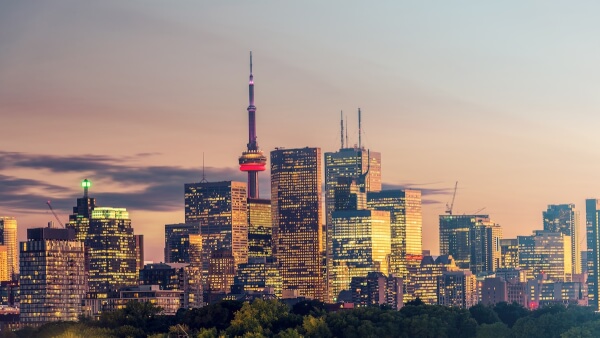
Want to learn about property taxes in Canada? This guide covers types of property taxes and how they are calculated to help you navigate the process.
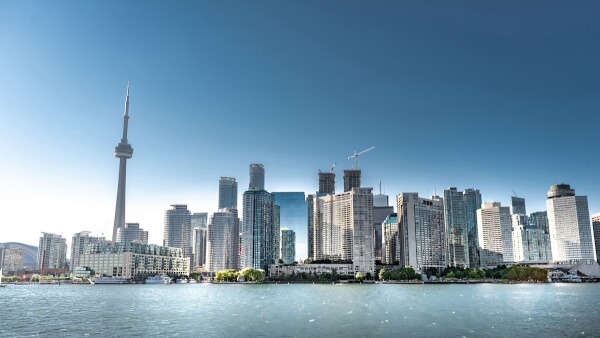
Are you looking for the best property management companies in Toronto? Find out all about the top local providers to take care of your home overseas.
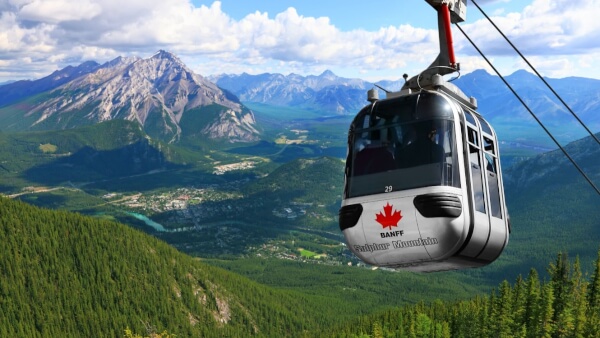
Interested in buying land in Canada? Here’s everything you need to know about buying a plot of land abroad as an American.
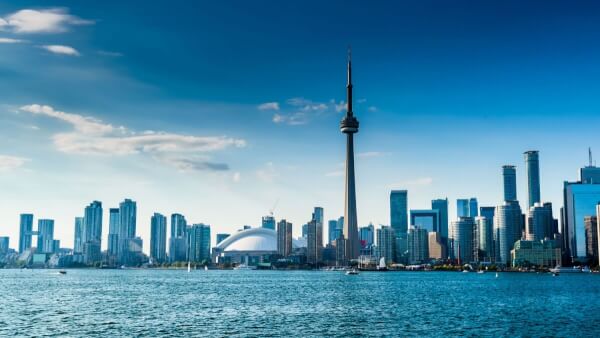
Thinking about moving to Canada? Find out what you need to know about renting in Canada in this guide.
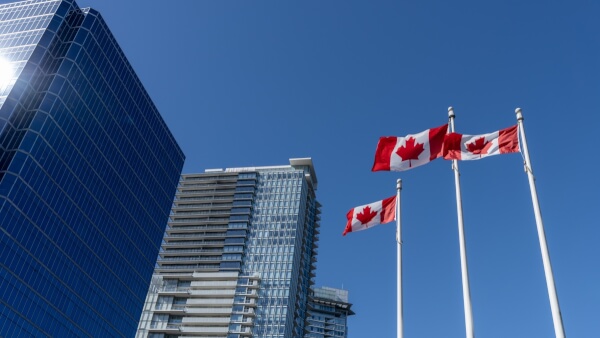
Everything you need to know about getting an Investment Visa (Golden Visa) in Canada.

A full breakdown on the cost of living in Canada.